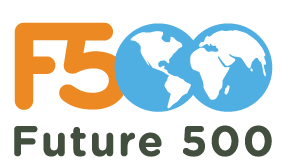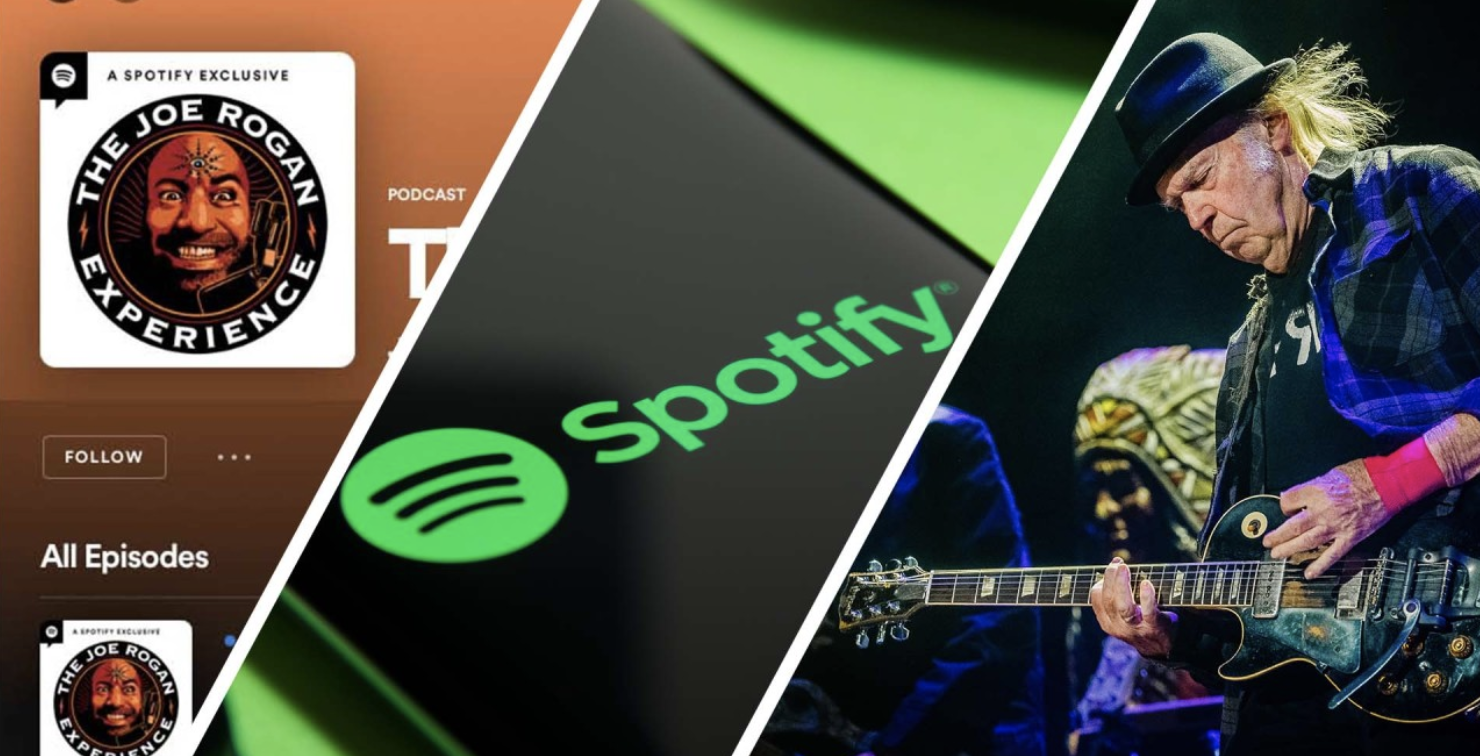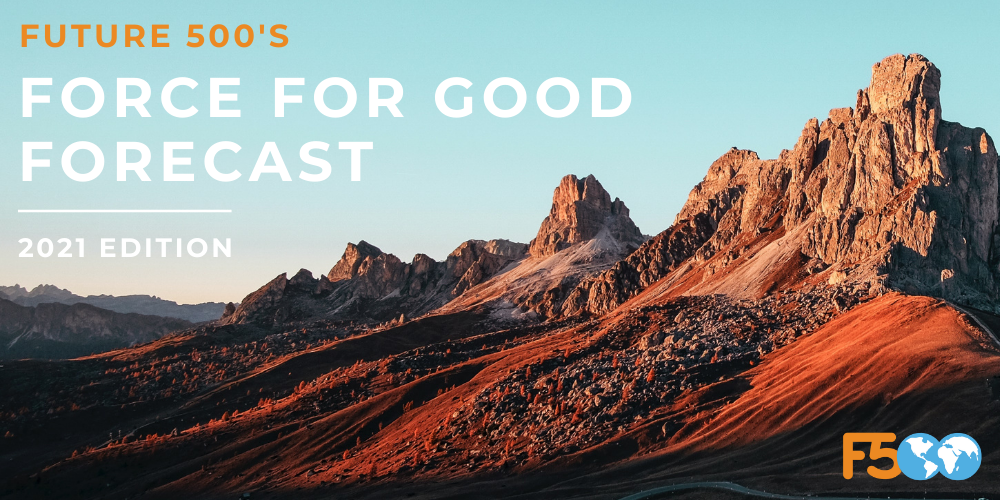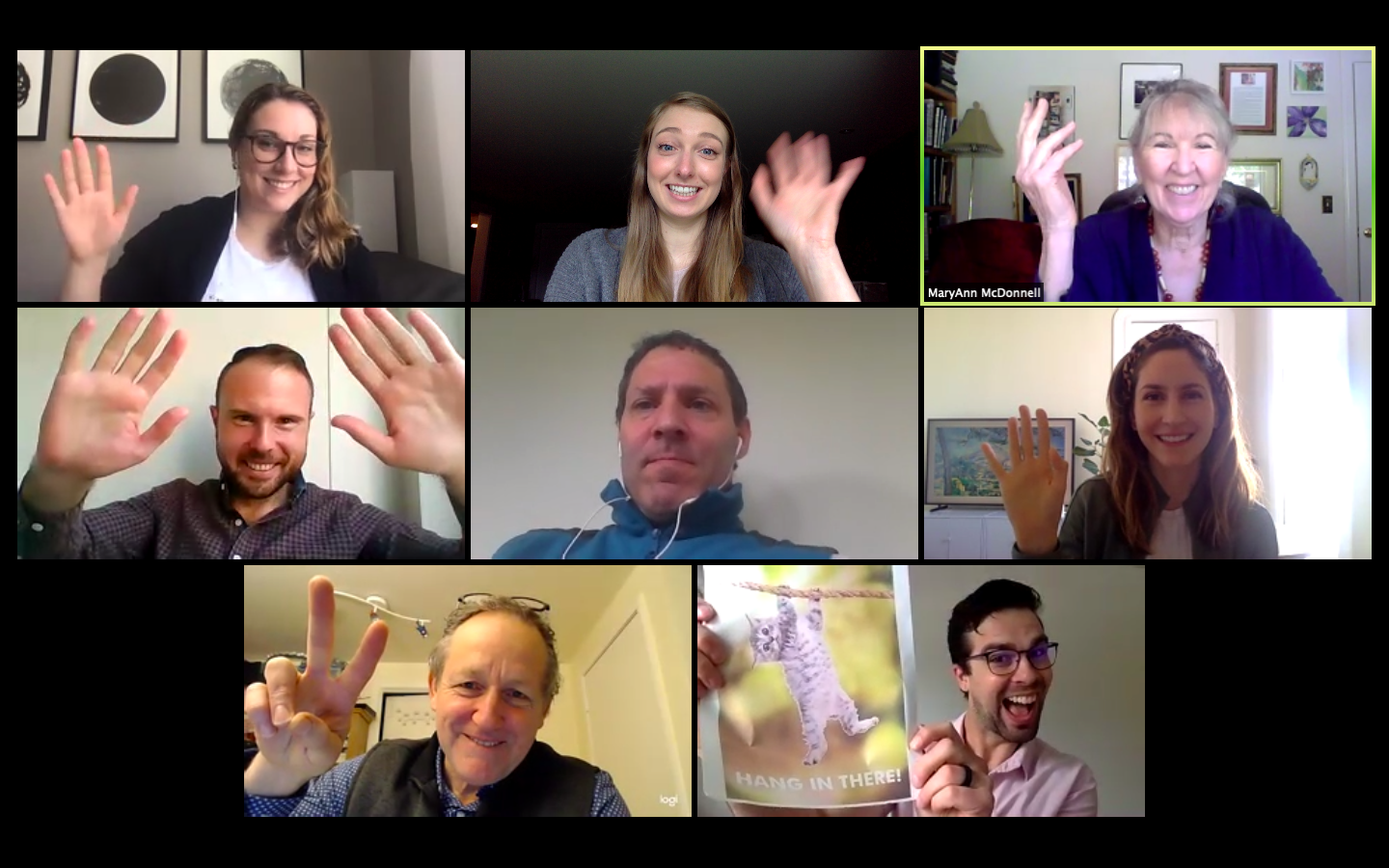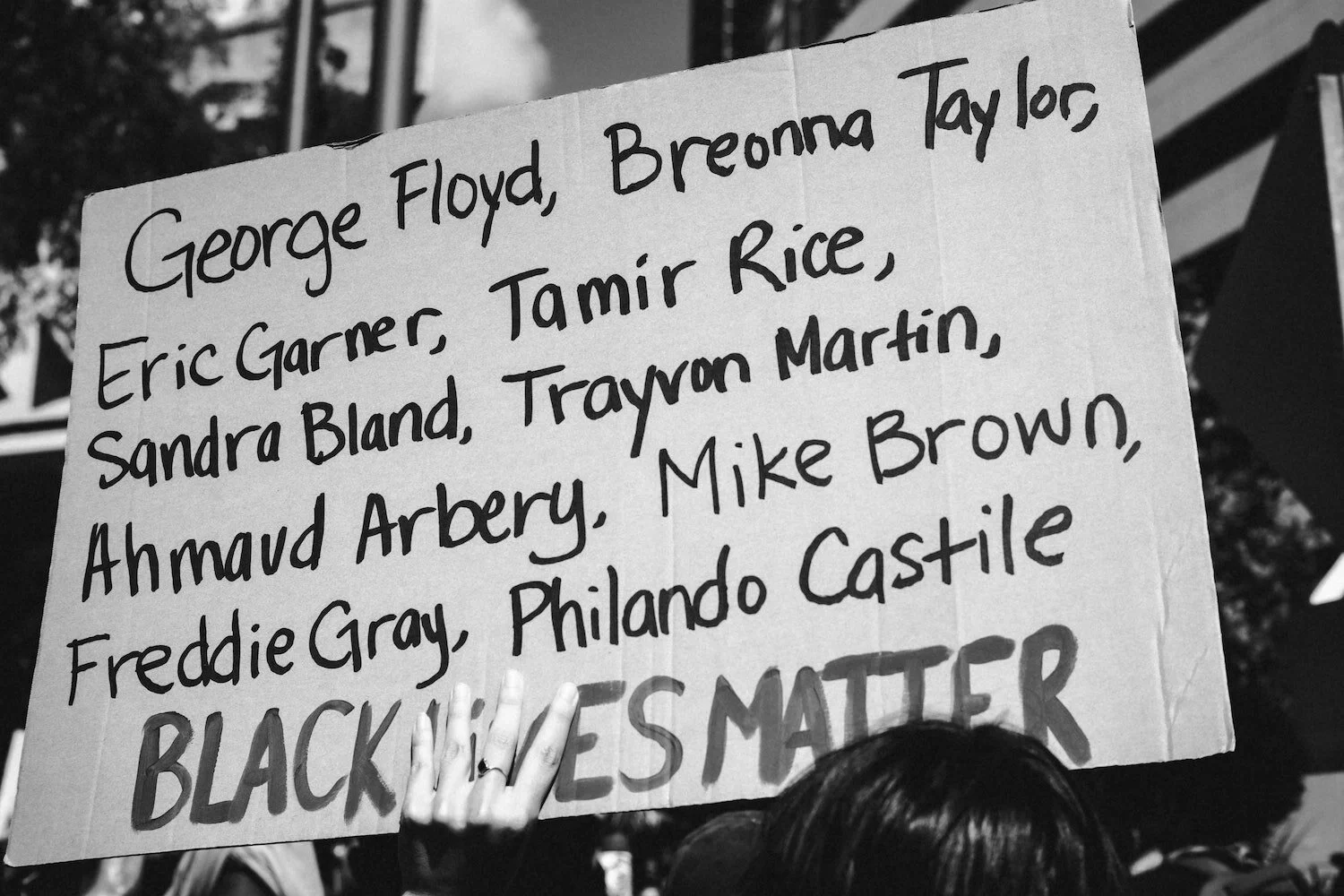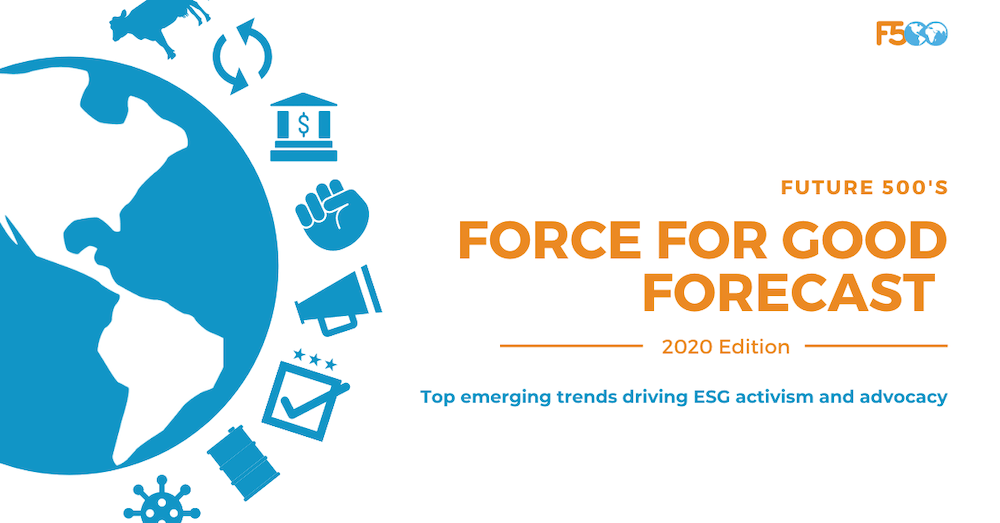Ad Boycotts: Tucker Carlson, Facebook, and now Spotify
Erik Wohlgemuth, CEO at Future 500. Published Feb 3, 2022
I have been watching the controversy surrounding Spotify with great interest. Ad Boycotts and content creators removing their material from a media channel to make a point is nothing new. Just look back at advertisers’ challenges with the Howard Stern and Rush Limbaugh shows.
But the trend does seem to be increasing. Advertisers have pulled their support from the Fox network in response to Tucker Carlson’s commentary on issues like widespread protests in response to George Floyd’s murder. Similarly, Facebook (now Meta) has faced an onslaught via the Global “Stop Hate for Profit” campaign pressuring the company to control misinformation and hate propagated through its platforms.
Does it work when advertisers pull their support for a show or social media platform? Not surprisingly, the answers are "mixed" and "only time will tell." For Fox and Tucker Carlson, notable brands like Papa Johns and Twitter ceased advertising, but others took their place. In response, Facebook pledged over US $1 billion to fight racial justice, which one pundit pointed out is a pittance compared to its profit. But other social media companies took note and began making changes to reduce potentially controversial content.
Perhaps most notably, Facebook’s crisis prompted the company to transform its corporate culture, which typically takes years to achieve. Such transformations can eventually succeed with sustained leadership focus, as occurred at Nike, Walmart, BP, Microsoft, and others who have faced reputational crises. Common to most successful corporate culture transformations, we find, is that leadership embraces their corporate purpose and material impact in the world. This, in turn, requires leadership to continually strive to position their enterprises to respond innovatively to evolving stakeholder expectations—from investors, employees, customers, NGOs, and regulators. Put another way, they often pursue “stakeholder capitalism.”
Now Spotify is under fire, facing its Facebook moment. The company’s stock price has dropped over US $2b after Neil Young, the famous songwriter and musician, removed his content from “the audio-streaming giant to protest Joe Rogan’s misinformation-spreading podcast.” Other luminaries like Joni Mitchell followed suit, and subscribers started deleting their accounts (see #spotifydeleted).
The irony is that when advertisers shifted their spending away from Facebook, Spotify and other digital content channels benefitted. This type of crisis is no longer novel to social media companies, so Spotify has published its content guidelines for the first time in a bid for greater transparency. The CEO has apologized, and they are sticking with Rogan, who apologized and committed to balancing perspectives on his show.
But how will Spotify respond long after the trending hashtags and media cycle fade to rebuild trust with content providers and customers? Such steps will require sustained leadership focus and developing guidelines for its growing content library with internal and external stakeholder input. Essentially, it would require Spotify to center its corporate culture on stakeholder capitalism and commit to far more transparency (their corporate website has sparse info on their citizenship efforts).
For social media companies, in particular, such controversies seem inevitable as companies like Facebook, Fox, and Spotify seek to rapidly grow their subscriber base and market power. But are they? Can the risks be better anticipated and proactively managed? The answer may lie in how Rogan implements the integration of balanced views on his show. If he truly achieves such balance, skeptics and critics looking for the next “gotcha” moment will move on. And in the process, Rogan may establish a model that Spotify’s leadership can replicate across its platform, and perhaps inspire other social media companies to change.
Future 500 is a non-profit consultancy that builds trust between companies, advocates, investors, and philanthropists to advance business as a force for good. Based in San Francisco, we specialize in stakeholder engagement, sustainability strategy, and responsible communication. From stakeholder mapping to materiality assessments, partnership development to activist engagement, target setting to CSR reporting strategy, we empower our partners with the skills and relationships needed to systemically tackle today's most pressing environmental, social, and governance (ESG) challenges.
Want to learn more? Reach out any time.
Blog posts by Erik:
